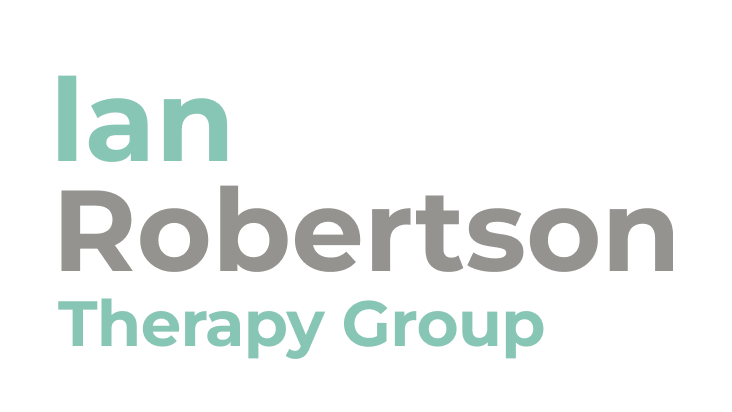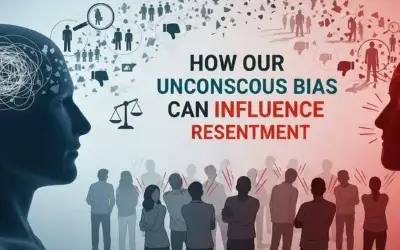
I remember a time earlier in my life when I lived in a small bungalow. We all shared a small living room and kitchen in a home that was about 900 square feet. We didn’t have cell phones, texting, or other distractions. Life at home was spent in close proximity, and human connection was naturally built into the fabric of our culture and society. Technology and the consumer-driven belief that “bigger is better” hadn’t evolved yet.
Today, homes continue to get bigger, and people have more floor space than ever before. However, this has come with a cost. Technology has created a generation of disconnected youth who primarily engage with the world through Wi-Fi and social networks. Parenting has taken on a new challenge as parents now must become ‘Digital Parents’ to navigate the online world their children inhabit. Without embracing this role, it’s impossible to truly understand what your children are doing or engaging in online.
Connecting today means using Facebook, Instagram, LinkedIn, texting, video streaming, FaceTime, Messenger, and countless other platforms. But what is this doing to our sense of community and connection?
The Impact of Technology on Connection
I recently visited a small town called Masachapa in Nicaragua. It was 7 p.m., and as I sat at an outdoor table, I watched the street fill with children running around, playing soccer, and engaging in other games, while parents, families, and neighbors sat in front of their homes, connecting, laughing, and enjoying each other’s company. It struck me that this was what life was like before technology dominated our lives. This town had no widespread technology or Wi-Fi, yet there was a real sense of happiness and connection. Despite the poverty, everyone engaged as a family. They ate together, sat together, and laughed together.
How to Know When You Need to Disconnect from Technology
Technology has the power to pull us away from being present. It affects our attention, focus, impulse control, mood, and overall regulation. According to Victoria Buckley, MD, “Screen-related effects can present in many shapes and forms. Although varied, many of the effects can be grouped into symptoms related to mood, cognition, and behavior.” She describes a phenomenon called Electronic Screen Syndrome (ESS), which can occur even without a psychiatric disorder, or it can exacerbate existing disorders.
The movie Disconnect is worth watching as it delves into the power of human communication and interaction, and how we are becoming increasingly anti-social as a society.
More floor space and technology are leading to a society that is more isolated and withdrawn. While we still don’t fully understand the long-term effects of these societal changes, we’re starting to see the adverse impacts on children, youth, and families.
Practical Tips to Reconnect
Here are some suggestions to help you set clear boundaries on technology use and build intentional family time:
Put limits on your gadget use:
Designate specific times when gadgets should be put away to encourage more face-to-face interactions.
Create a designated spot for gadgets at home:
This helps support family connection by making technology less accessible during family time.
Become more self-aware of your usage:
Regularly assess how much time you’re spending on screens and adjust as needed.
Promote family meals together:
Make meal times a technology-free zone to encourage conversation and bonding.
Have technology-free evenings:
Dedicate certain evenings to be free of screens and focus on engaging with each other.
Encourage technology-free activities and outings:
Plan family outings that don’t involve screens to foster connection.
Notice when you’re slipping backwards:
Be mindful of when technology is starting to encroach on your family time again and take steps to correct it.
Establish a defined structure for family connection:
Set clear guidelines and routines that prioritize intentional connection over technology use.
Conclusion
In an increasingly digital world, it’s easy to become disconnected from the people who matter most. By setting healthy boundaries with technology and making a conscious effort to reconnect, you can foster stronger relationships and a more fulfilling life. Remember, the essence of human connection doesn’t require technology; it requires presence, attention, and intention.
At Ian Robertson Therapy Group, we are committed to helping you navigate these challenges and enhance your well-being. If you have any questions or would like to learn more about how we can support you, please fill out the form below. We’re here to help you reconnect with what truly matters.
Watch this insightful video on the impact of technology and ways to reconnect
Be well,
Ian












